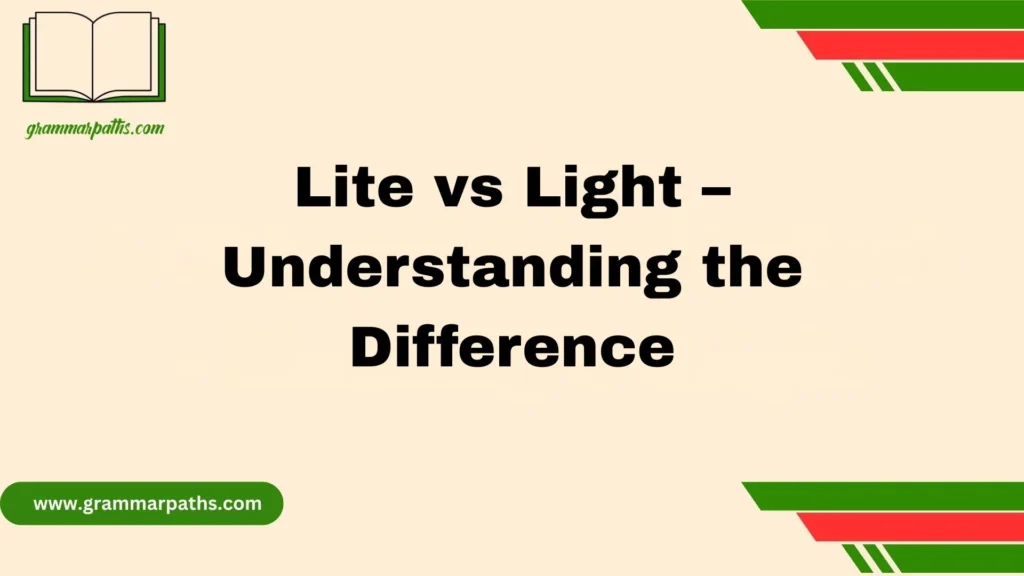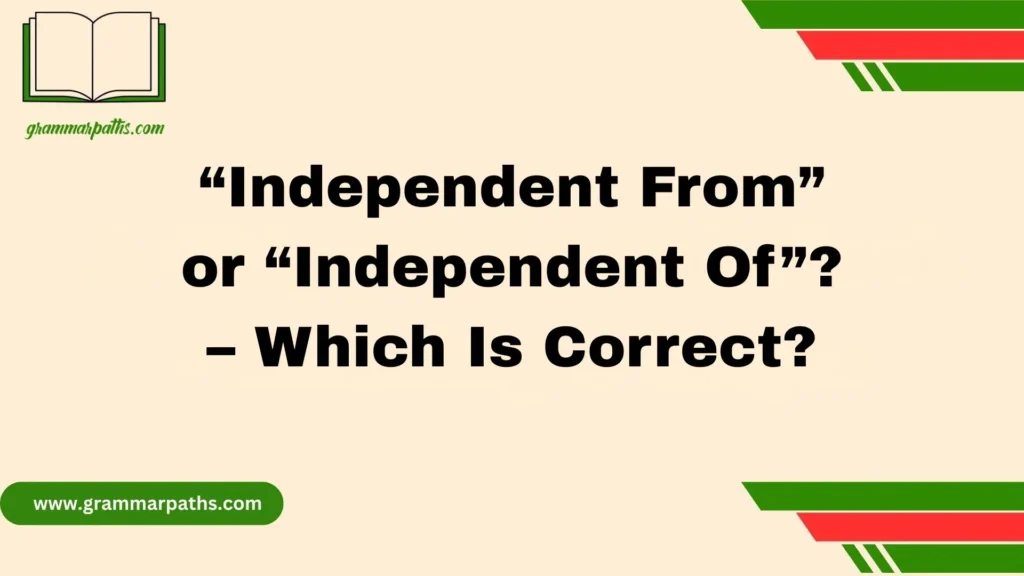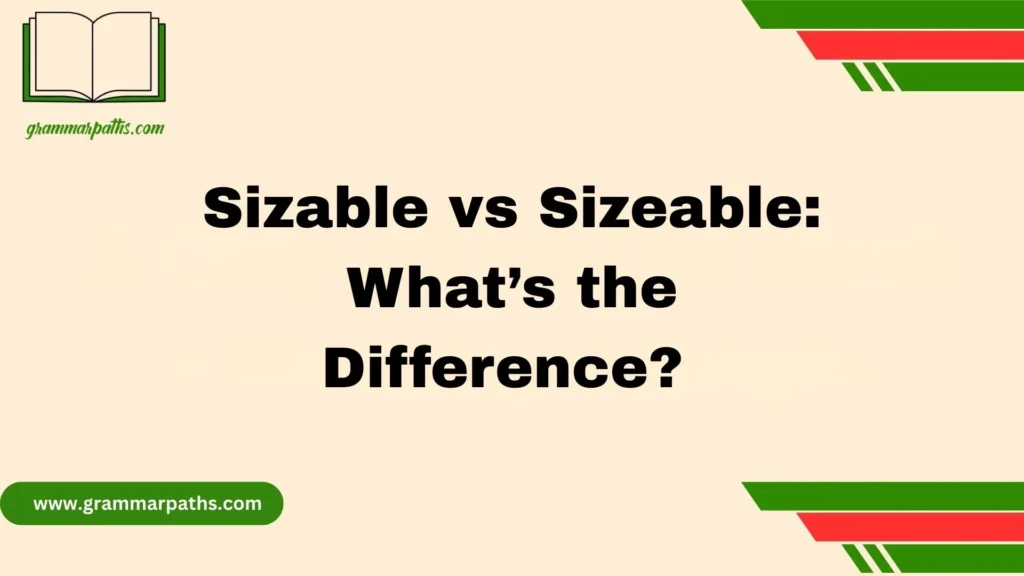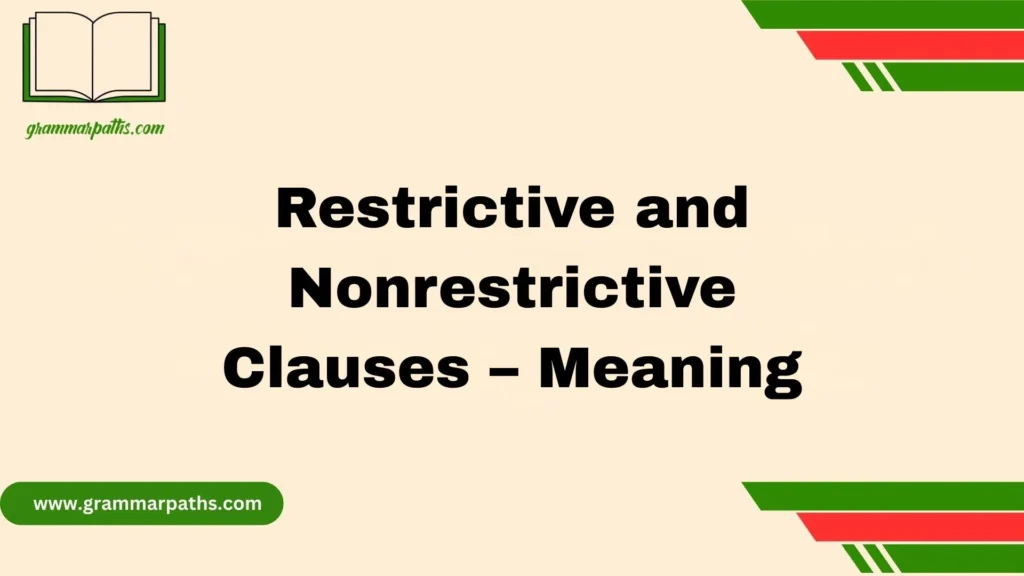When writing emails, professional letters, or even casual messages, the phrase “at your convenience” often comes up. But many people wonder, is it correct to say “at your convenience” in all situations? The truth is that while the phrase is grammatically correct and widely used, its tone can sometimes feel too formal, vague, or even slightly demanding depending on the context. That’s why it is important to understand the usage, meaning, and alternatives of this common expression.
The phrase “at your convenience” generally means “whenever it is suitable or appropriate for you.” It is most often used in professional communication, such as business emails, job applications, or polite requests. However, its interpretation can vary. To some readers, it signals respect for their time, but to others, it may come across as passive-aggressive or unclear.
Exploring whether it is correct to use this phrase involves looking at context, tone, and audience expectations. Alongside its meaning, there are also several alternatives to ‘at your convenience’ that may sound warmer, more specific, or friendlier. This guide breaks down when the phrase works best, when to avoid it, and what you can say instead for clear and polite communication.
Understanding the Phrase “At Your Convenience”
On the surface, the meaning seems straightforward: do something when it suits you best. But context transforms this simple phrase.
- Literal meaning: “At the time that is convenient for you.”
- Implied meaning: “Please respond or act, but no rush.”
The problem is perception. Some readers interpret it as genuine courtesy, while others hear a subtle command. Consider these two emails:
“Please send me the updated files at your convenience.” “Please send me the updated files at your convenience, as I’ll need them to finalize tomorrow’s report.”The first might feel vague or dismissive, but the second clarifies intent. Same phrase—different effect.
Common places you’ll see this expression:
- Business emails requesting information.
- Customer service messages.
- Formal letters.
- Workplace instructions.
So yes, it’s correct—but it isn’t always the clearest choice.
Historical and Linguistic Background
The word convenience has roots in Middle English, borrowed from Old French convenience, meaning suitability or agreement. By the 14th century, it described something fitting, proper, or advantageous.
The phrase “at your convenience” emerged in professional correspondence in the 19th century, when formality and politeness governed written exchanges. Early business letters used it to soften instructions:
“Kindly remit the amount due at your earliest convenience.”
Over time, the phrase carried over into emails, retaining its formal tone. Unlike casual alternatives (“when you get the chance”), “at your convenience” still signals respect and professionalism.
Grammar and Structure of the Phrase
Breaking it down helps clarify why it works as an idiomatic expression:
- At – preposition indicating time or condition.
- Your – possessive pronoun, personalizing the request.
- Convenience – noun meaning ease, comfort, or suitability.
Together, they form a polite prepositional phrase. Grammatically, it modifies the verb of the sentence, showing when or under what condition the action should take place.
Examples in different sentence placements:
- Beginning: “At your convenience, please review the attached document.”
- Middle: “You may, at your convenience, update the shared file.”
- End: “Please let me know at your convenience.”
Notice how flexible it is—yet always formal.
When Is “At Your Convenience” Appropriate?
The key is context. It works well in professional and semi-formal communication but feels out of place in casual exchanges.
Business Settings
- Requests from employees to managers: “I’d like to discuss this project at your convenience.”
- Client communication: “We’re happy to schedule a call at your convenience.”
Academic or Formal Writing
- Letters of recommendation.
- Administrative requests.
Personal Messages
Rarely appropriate unless the tone is intentionally formal (e.g., contacting a service provider).Think of it as a tool best suited for situations where respect, hierarchy, or courtesy are important.
Professional and Polite Communication with the Phrase
Politeness isn’t just about grammar—it’s about tone. In workplaces, the wrong tone can damage rapport.
Why Politeness Matters
Research by Harvard Business Review shows that respectful communication increases trust and productivity. A phrase like “at your convenience” signals that you value the other person’s time.
Case Study: Email Comparison
| Email Style | Example | Impression |
| Formal | “Please review the attached proposal at your convenience.” | Professional, respectful. |
| Semi-Formal | “Could you take a look at the proposal when you get a chance?” | Friendly, approachable. |
| Informal | “Hey, check out the proposal whenever.” | Casual, but may seem careless. |
The formal version works for clients or supervisors, while the semi-formal one fits colleagues. The informal option risks sounding unprofessional.
Boundaries and Potential Pitfalls
Despite its politeness, “at your convenience” can backfire.
Common Pitfalls
- Perceived as passive-aggressive – Some interpret it as, “I need this, but I’m pretending not to rush you.
- Too vague – Without context, the recipient may delay action.
- Cultural differences – In some cultures, indirect language signals weakness or lack of urgency.
When Not to Use It
- Urgent deadlines: “Please send this at your convenience” sounds contradictory if you need it today.
- Casual chats: Using it in a text like “Reply at your convenience” may feel stiff.
- High-stakes negotiations: Ambiguity can harm clarity.
The takeaway? Use it sparingly and only when you truly want to leave timing flexible.
Alternatives to “At Your Convenience”
Sometimes, a different phrase conveys the message more clearly. The best choice depends on tone and formality.
Formal Alternatives
- “At your earliest convenience” (signals mild urgency).
- “At a time that suits you best.”
Neutral Alternatives
- “When you have a moment.”
- “At a time that works for you.”
Casual and Friendly Options
- “Whenever you get the chance.”
- “No rush, whenever you can.”
Comparison Table
| Phrase | Tone | Best Context | Risk |
| At your convenience | Formal | Business, polite requests | May feel vague |
| At your earliest convenience | Formal, urgent | Client billing, deadlines | May sound pushy |
| When you have a moment | Neutral | Workplace peers | Less formal |
| At a time that works best for you | Neutral | Scheduling | Longer phrase |
| Whenever you get the chance | Casual | Friendly colleagues | Informal for clients |
Choosing the right phrase shows emotional intelligence and adaptability.
Common Misconceptions and Mistakes
Several misunderstandings surround this phrase:
- It’s a demand – Some believe it pressures the recipient. In reality, tone and context decide how it feels.
- It means “any time” – Without context, recipients may delay indefinitely. Always clarify if you need something sooner.
- It’s interchangeable with “at your earliest convenience” – Not true. The latter suggests urgency, while the former leaves timing open.
Mistake to Avoid: Overusing it. If every email ends with “at your convenience,” the phrase loses impact.
Conclusion
The phrase “at your convenience” is grammatically correct and widely recognized in both professional and casual communication. However, its impact depends on tone, context, and audience. While it can convey respect for someone’s time, it may also sound vague or even slightly formal if not used carefully. To ensure clarity and politeness, consider using alternatives like “when you have a chance,” “at a time that works best for you,” or “whenever you’re available.”
Ultimately, whether or not you use this phrase comes down to how you want to present your message. If you want to sound formal and respectful, “at your convenience” works. If you want to sound more approachable and warm, a softer alternative may be better. Clear and thoughtful communication always leaves the best impression.
FAQs
Q1: Is it correct to say “at your convenience”?
Yes, it is correct. However, it may sometimes sound too formal or vague depending on the context.
Q2: Where is “at your convenience” commonly used?
It is often used in emails, business letters, and job-related communication to show respect for the recipient’s time.
Q3: What can I say instead of “at your convenience”?
You can use alternatives such as “when you have a moment,” “at a time that works best for you,” or “whenever you’re available.”
Q4: Does “at your convenience” sound rude?
Not always. It depends on how it is written. If the rest of your message is polite, it won’t sound rude.
Q5: Is “at your earliest convenience” the same as “at your convenience”?
No. “At your earliest convenience” suggests urgency, while “at your convenience” is more flexible and respectful of time.

Emma Brooke is a passionate language expert and contributor at GrammarPaths.com, where she helps learners navigate the complexities of English grammar, idioms, and effective writing. With a strong academic background and years of teaching experience, Emma excels at turning tricky grammar rules into simple, practical lessons that readers can easily grasp.












